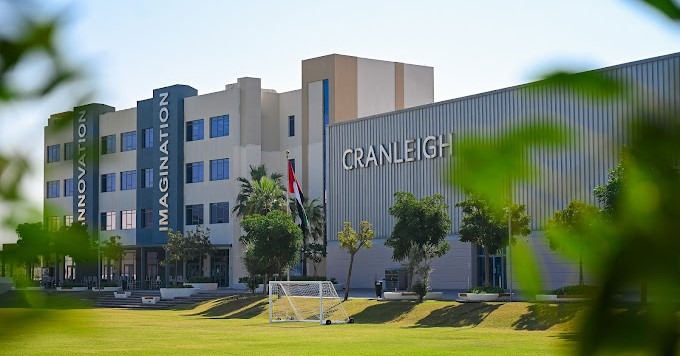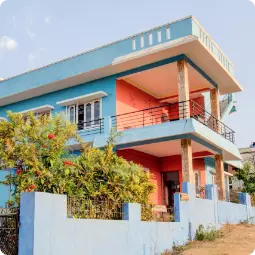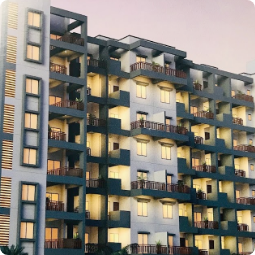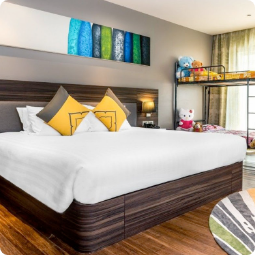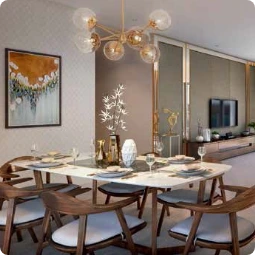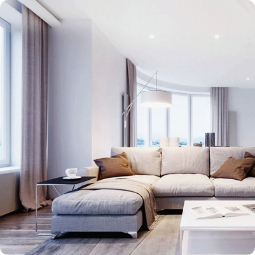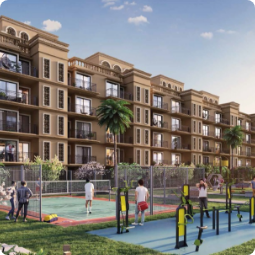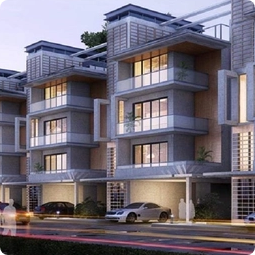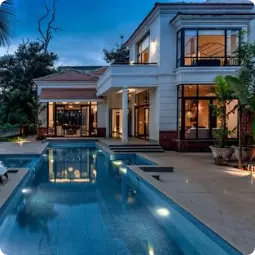From Nursery to Year 13, Cranleigh is an inclusive school for kids ages 3 to 18.
|
Section
|
Grades
|
|
Pre-Prep
|
Nursery – Year 2
|
|
Prep-School
|
Year 3 – Year 8
|
|
Secondary School
|
Year 9 – Year 11
|
|
Sixth Form
|
Year 12 – Year 13
|
Similar to its sister school in the UK, Cranleigh Abu Dhabi follows the same educational philosophy. It attempts to strike a balance between the extensive range of extracurricular activities and the academic programme.
At Cranleigh, students can study:
- Social Studies
- Mathematics
- Computer Science
- Modern Foreign Languages
- Drama
- Dance
- Latin
- Arabic
- Science
- Islamic Studies
- History/Geography
- English
- Design Technology
- Art
- The Libraries
- Music
PRE PREP (NURSERY, FS2, YEAR 1 AND YEAR 2)
Students in the pre-prep level are welcome and are taught according to the Early Years Foundation level curriculum. At Cranleigh, kids successfully strike a balance between unstructured play and teacher-guided instruction. The curriculum itself includes an organised method for encouraging children's natural curiosity and learning through play.
This curriculum incorporates foundational courses including science, math, and English as well as specialised instruction in swimming, music, and physical education. Additionally, nursery pupils are exposed to Arabic through a weekly session of 30 minutes for non-native speakers.
Children in FS2 learn Arabic for one hour each week in addition to learning about ICT, the library, the arts, and focused activities. Islamic Education is provided for Muslim students.
PREP SCHOOL (YEAR 3 TO 8)
Cranleigh attempts to lay solid foundations for the more complicated concepts of Senior school in prep school. The class teacher in Years 3 and 4 instructs pupils in mixed-ability classrooms with the aid of a teaching assistant. Classes in theatre, music, sport, art, languages, Arabic, and Islamic Studies are taught by specialised teachers. In Year 3, French is introduced.
The learning environment switches to specialised instruction in Years 5 and 6. In years 7 and 8 students study the Common Entrance 13+ curriculum. At Cranleigh, pupils are adequately prepared to sit the internal Common Entrance test in maths, English, french and science courses (physics, chemistry and biology) after year eight.
The Independent Schools Examinations Board (ISEB) has established high standards for these tests.
Non-Muslim pupils in Year 7 have the option of taking either Latin or Spanish as a second language. Arabic is also taught to all students at the institution. While Arabic speakers are taught the Arabic A curriculum by MoE, non-native speakers of Arabic study the fundamental Arabic B syllabus.
SENIOR SCHOOL (YEAR 9 TO 11):
Students are equipped with the knowledge and credentials they will need to attend college in senior school. In this curriculum, students can choose the disciplines that best suit their interests and goals.
Students at Cranleigh have a variety of clubs, athletics, and leadership opportunities available to them.
At least eight (I)GCSEs must be taken by students.
English Language, English Literature, Mathematics, and a mix of Sciences are required disciplines. The entire (I)GCSEs in biology, chemistry, and physics will be studied by capable students. Less scientifically inclined students might choose to study two of the three sciences or Dual Award Science. From the list of options shown above, other topics are chosen. The ADEK demands proficiency in Arabic.
SIXTH FORM (YEAR 12 AND 13)
When compared to other institutions, Cranleigh offers a distinctive sixth form.
Cranleigh Abu Dhabi uses a dialogue-based method of instruction called the Harkness style. With this method, classes are taught in a tutorial format around an oval table, helping pupils to develop autonomous thought.
A-Levels and the Extended Project Qualification (EPQ) are studied by sixth-formers. Though delivered more thoroughly, the EPQ and IB Extended Essay have a similar conceptual framework. During the two years of sixth form, it is finished.
A programme for work experience is a component of the sixth form. Additionally, this programme offers a recognised pre-college course in innovation and entrepreneurship taught by Dr. Jack McGourty, PhD, at the esteemed Columbia Business School of the elite Ivy League. The Sixth Form is covered in further detail here.
